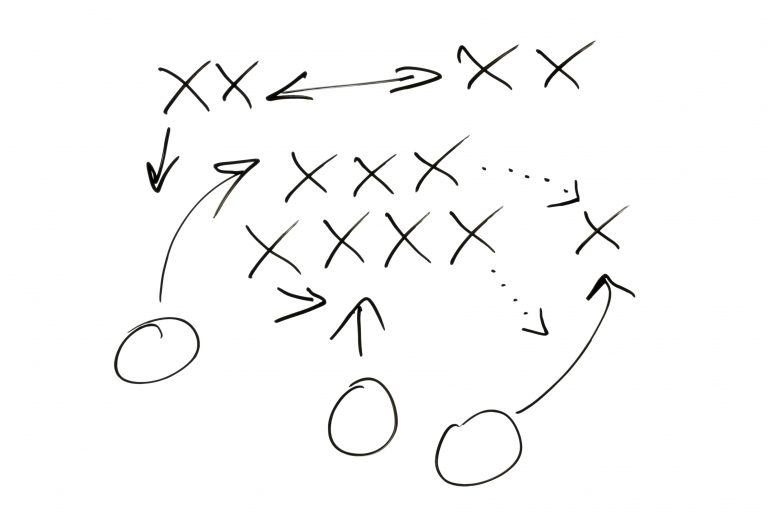I received a Facebook share from my daughter last week that really caught my attention on two levels: the message is relevant to the millennial retention work I do as a human capital consultant and it was co-written by a mother/daughter team (Lisa and Elizabeth McLeod), whose experience and insights seem to mirror those of myself and my own millennial daughter.
The timely post, entitled “Why Millennials Keep Dumping You: An Open Letter to Management” http://bit.ly/1OOYCtT offers a very enlightened, first-hand account of the millennial perspective. With the first sentence of the letter, I was smiling and nodding, which is why I cannot resist the opportunity to offer a complimentary perspective with a shameless plug for the consulting services I most enjoy delivering, i.e. Next Generation Strategy http://bit.ly/1Owx78i.
No question about it, the “Millennial” challenge is complex, but it doesn’t have to be overwhelming for organizations that take the time and make the effort to address these unique issues with a solid strategy and a managed plan. Using tried and true tools and a little seasoned acumen, you can 1) Understand the Millennial perspective; 2) Identify and prioritize generational workplace gaps; 3) Develop a next generation strategy with a detailed plan, and; 4) Manage outcomes to your benefit.
The biggest issue, and perhaps the real challenge organizations face, is in how they are approaching the next generation. Elizabeth McLeod’s first statement to management, i.e. You hired us thinking this one might be different; this one might be in it for the long haul., contains a fundamental truth and the key to why so many organizations are struggling with the brightest, most energetic, and profoundly learned workforce in history. They are approaching the most pivotal Human Capital challenge of our time armed with nothing more than hope, when nothing less than a multi-pronged, carefully constructed, diligently managed strategy is needed for success.
This year, the oldest Millennials on the forefront of this dynamic generation will celebrate their 10-year anniversary in the workforce; which is why “this one might be different” can only be acceptable to organizations who believe “hope” is a good strategy. For those, I highly recommend Rick Page’s book on winning complex sales opportunities where they will find a clear distinction between hope and strategy as the key to success. I don’t want to spoil the ending, but just in case you are too busy replacing Millennials to read a good book, the answer is in the title, “Hope is Not a Strategy”. We’ve known about this generation for over ten years. They have entered the workplace as predicted, and are leaving as predictably as they came. Success will follow a well thought out strategy that addresses all the complexities inherent in attracting and retaining this fairly transparent pool of amazing resources.
In many ways, this generation is no different than the other three that make up today’s workforce. They are young, energetic, and ready to give it everything they have, as stated in the opening paragraph of Elizabeth’s letter; “We’re six months in, giving everything we have.” That statement was as true for previous generations as it is today, but that’s where the similarities between us and the millennial generation end. While we were encouraged to give it everything we had, they are held back by antiquated processes and workplace practices that might as well have originated in the Dark Ages. If you are a Baby Boomer or a Generation Xer, chances are good that your “best” was realized using tools and technology waiting on you when you arrived. Your life lessons and education were tailor-made for the environment you stepped into when you launched your career, while in many situations, the opposite is true for today’s millennials who are expected to make do with the same tools and practices tailor-made for you.
You probably already have a company-wide strategy in place to realize the long-term vision and plan for your organization. You may even have a robust Human Capital strategy and plan in place to support the vision which is good, but quite possibly not enough. If you are depending on hope to retain your youngest generation of resources perhaps it’s time to rethink your strategy. If you really want to attract and retain your fair share of Millennials, a next generation strategy and plan are your new BFFs.





